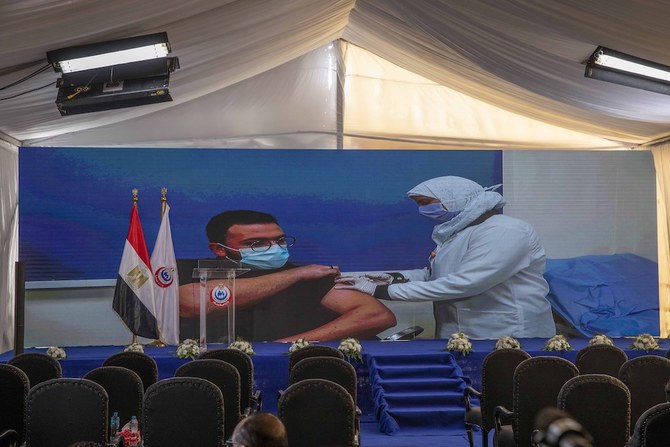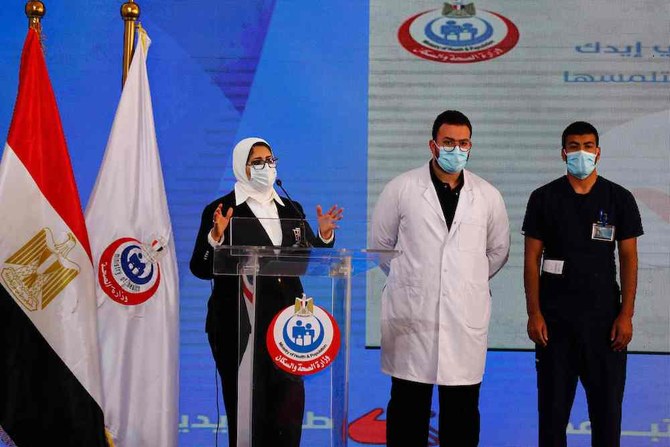TEL AVIV/DUBAI/WASHINGTON: Israel and Iran’s air war entered a second week on Friday and European officials sought to draw Tehran back to the negotiating table after President Donald Trump said any decision on potential US involvement would be made within two weeks.
Israel began attacking Iran last Friday, saying it aimed to prevent its longtime enemy from developing nuclear weapons. Iran retaliated with missile and drone strikes on Israel. It says its nuclear program is peaceful.
Israeli air attacks have killed 639 people in Iran, said the Human Rights Activists News Agency. Those killed include the military’s top echelon and nuclear scientists. Israel has said at least two dozen Israeli civilians have died in Iranian missile attacks. Reuters could not independently verify the death toll from either side.

European, Iranian FMs to hold nuclear talks on Friday in Geneva
Foreign ministers from Britain, France and Germany together with the EU’s top diplomat will hold nuclear talks with their Iranian counterpart in Geneva on Friday, officials and diplomats said.
The meeting comes as European countries call for de-escalation in the face of Israel’s bombing campaign against Iran’s nuclear program — and as US President Donald Trump weighs up whether or not to join the strikes against Tehran.
“We will meet with the European delegation in Geneva on Friday,” Iran’s Foreign Minister Abbas Araghchi said in a statement carried by state news agency IRNA.
European diplomats separately confirmed the planned talks, set to involve French Foreign Minister Jean-Noel Barrot, British Foreign Secretary David Lammy and German Foreign Minister Johann Wadephul, as well as EU foreign policy chief Kaja Kallas.
Britain’s Foreign Secretary David Lammy said Thursday after meeting high-level US officials that there is still time to reach a diplomatic solution with Tehran.
Lammy met with US Secretary of State Marco Rubio and special envoy Steve Witkoff at the White House, before talks on Friday in Geneva with Iranian Foreign Minister Abbas Araghchi alongside his French, German and EU counterparts.
“The situation in the Middle East remains perilous,” Lammy said in a statement released by the UK embassy in Washington.
“We discussed how Iran must make a deal to avoid a deepening conflict. A window now exists within the next two weeks to achieve a diplomatic solution,” Lammy said.

Israel has targeted nuclear sites and missile capabilities, but also has sought to shatter the government of Supreme Leader Ayatollah Ali Khamenei, according to Western and regional officials.
“Are we targeting the downfall of the regime? That may be a result, but it’s up to the Iranian people to rise for their freedom,” Israeli Prime Minister Benjamin Netanyahu said on Thursday.
Iran has said it is targeting military and defense-related sites in Israel, but it has also hit a hospital and other civilian sites.
Israel accused Iran on Thursday of deliberately targeting civilians through the use of cluster munitions, which disperse small bombs over a wide area. Iran’s mission to the United Nations did not immediately respond to a request for comment.
With neither country backing down, the foreign ministers of Britain, France and Germany along with the European Union foreign policy chief were due to meet in Geneva with Iran’s foreign minister to try to de-escalate the conflict on Friday.
“Now is the time to put a stop to the grave scenes in the Middle East and prevent a regional escalation that would benefit no one,” said British Foreign Minister David Lammy ahead of their joint meeting with Abbas Araqchi, Iran’s foreign minister.
Israel says Iran fired cluster bomb-bearing missile
Iran fired at least one missile at Israel that scattered small bombs with the aim of increasing civilian casualties, the Israeli military said on Thursday, the first reported use of cluster munitions in the seven-day-old war.
Israeli military officials provided no further details.
Israeli news reports quoted the Israeli military as saying the missile’s warhead split open at an altitude of about 4 miles and released around 20 submunitions in a radius of around 5 miles over central Israel.
One of the small munitions struck a home in the central Israeli town of Azor, causing some damage, Times of Israel military correspondent Emanuel Fabian reported. There were no reports of casualties from the bomb.
Iran appoints new Revolutionary Guards intelligence chief
Iran appointed a new chief of intelligence at its Revolutionary Guards on Thursday, the official Irna news agency said, after his predecessor was killed in an Israeli strike last week.
Major General Mohammad Pakpour, the commander of Iran’s Islamic Revolutionary Guards Corps , appointed Brig. Gen. Majid Khadami as the new head of its intelligence division, Irna said.
He replaces Mohammed Kazemi, who was killed on Sunday alongside two other Revolutionary Guards officers — Hassan Mohaghegh and Mohsen Bagheri — in an Israeli strike.
Trump ponders Iran attack
Trump has mused about striking Iran, possibly with a “bunker buster” bomb that could destroy nuclear sites built deep underground. The White House said on Thursday Trump would decide in the next two weeks whether to get involved in the war. That may not be a firm deadline. Trump has commonly used “two weeks” as a time frame for making decisions and has allowed other economic and diplomatic deadlines to slide.
The role of the US, meanwhile, remained uncertain. On Thursday in Washington, Lammy met with US Secretary of State Marco Rubio and Trump’s special envoy to the region, Steve Witkoff, and said they discussed a possible deal.
Witkoff has spoken with Araqchi several times since last week, sources say. Trump, meanwhile, has alternated between threatening Tehran and urging it to resume nuclear talks that were suspended over the conflict.
Russian President Vladimir Putin and Chinese President Xi Jinping both condemned Israel and agreed that de-escalation is needed, the Kremlin said on Thursday.
With the Islamic Republic facing one of its greatest external threats since the 1979 revolution, any direct challenge to its 46-year-long rule would likely require some form of popular uprising.
But activists involved in previous bouts of protest say they are unwilling to unleash mass unrest, even against a system they hate, with their nation under attack.
“How are people supposed to pour into the streets? In such horrifying circumstances, people are solely focused on saving themselves, their families, their compatriots, and even their pets,” said Atena Daemi, a prominent activist who spent six years in prison before leaving Iran.

IAEA chief identifies Isfahan as Iran’s planned uranium enrichment site
UN nuclear watchdog chief Rafael Grossi on Thursday identified Isfahan, home to one of Iran’s biggest nuclear facilities, as the location of a uranium enrichment plant that Iran said it would soon open in retaliation for a diplomatic push against it.
The day before Israel launched its military strikes against Iranian targets including nuclear facilities last Friday, Iran announced it had built a new uranium enrichment facility, which it would soon equip and bring online. Tehran did not provide details such as the plant’s location.
Iran’s announcement was part of its retaliation against a resolution passed by the International Atomic Energy Agency’s 35-nation Board of Governors declaring Tehran in breach of its non-proliferation obligations over issues including its failure to credibly explain uranium traces found at undeclared sites.






























